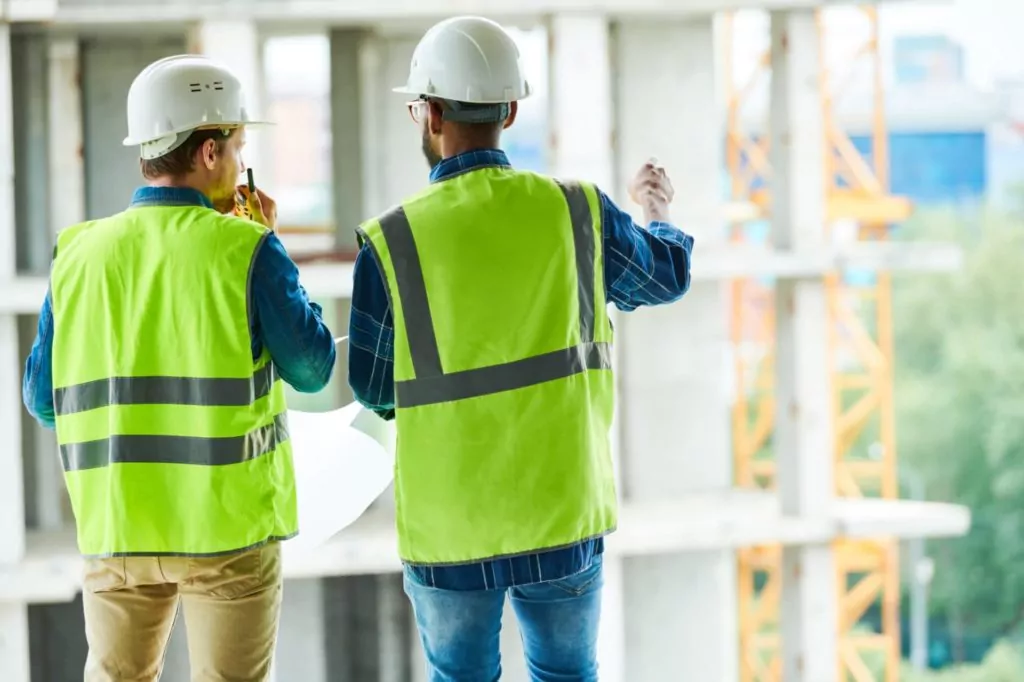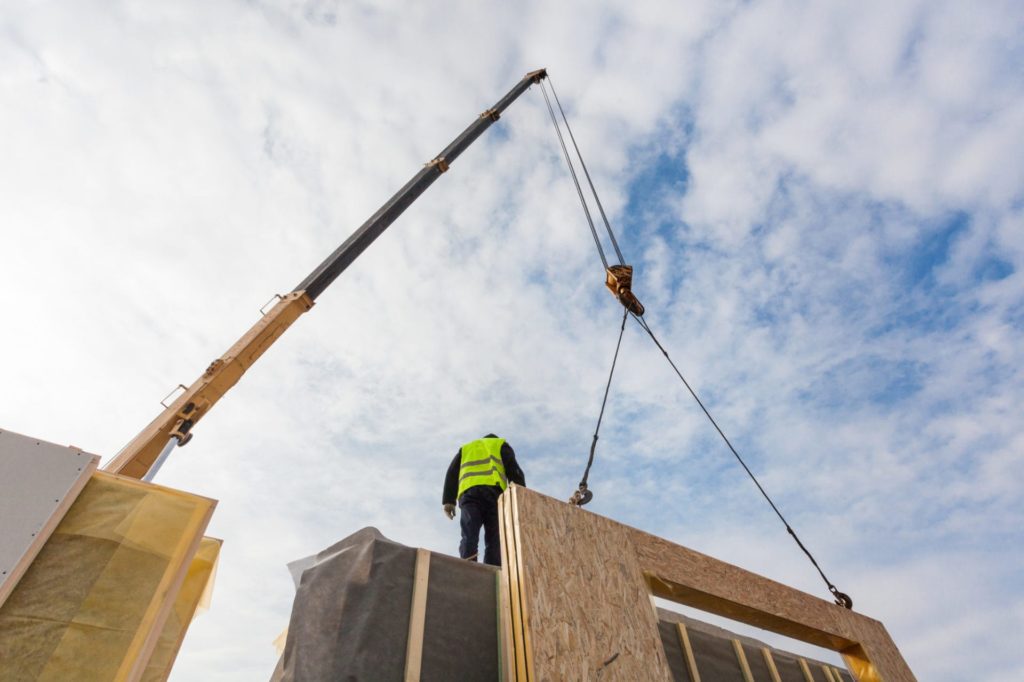
Whilst COVID-19 has of course resulted in substantial delays across numerous sectors, the clear message from the Government and the Tribunal is that it is full steam ahead with matters relating to electronic communications apparatus.
On 2 April 2020 the Department for Digital, Culture, Media and Sport released guidance for providers of telecommunications infrastructure:
"Now, more than ever, the country is reliant on fixed line and mobile communications networks. Telecommunications has therefore been included as one of the critical sectors in new government regulations and legislation in response to dealing with the COVID-19 outbreak".
Coincidentally, one day later, we received another Tribunal judgment in the matter of EE v Meyrick, which presented some stark advice to those who fail to engage with the Tribunal and/or the inter-parties negotiation process.
The key message from the Government and Tribunal is that landowners and occupiers of land who have entered into agreements with providers of telecommunications networks should continue to meet their obligations under those agreements. Moreover, both operators and landowners need to be alive to the consequences of failing to – or appearing to fail to – engage with each other.
Government Guidance for telecoms infrastructure
Following Government guidance, that those who can work from home should work from home, there are an unparalleled number of households and services reliant on fixed line and mobile communication networks.
The new government regulations and legislation outlines:
- In circumstances where agreements have been reached, landowners/occupiers of land should continue to meet their obligations and provide access to sites to inspect, maintain, adjust, repair or upgrade electronic communications equipment.
- For unoccupied properties, landowners should consider putting steps in place to aid the access of operators.
- Where emergency access rights to property have been agreed between the landowner and the telecommunications operator, it remains crucial that they remain able to be relied upon.
- Telecommunications infrastructure is recognised as playing a huge role in supplying critical connectivity for emergency services and hospitals; in addition to supporting large volumes of people working from home.
- Where work is deemed to be essential, more than two people will be permitted to gather to undertake the work (an exception of Regulation 7 of the Health Protection (Coronavirus, Restrictions) (England) Regulations 2020).
- In instances where workers and operators need to enter residential properties, social distancing should be followed.
It should be noted that the guidance only refers to England; although the Welsh Government has recently published comparable regulations.
Meyrick 2 (EE v Meyrick [2020] UKUT 0105 (LC))
Following on from Meyrick 1 (which we previously commented on here) the parties entered into negotiations regarding the terms of Code Agreement to be imposed (under paragraph 23 of the Code) on the parties following the landowners' failure to evidence their intention to redevelop the site.
The determination of any outstanding issues regarding those terms was to be dealt with by written representations on the basis that "there was so little left in dispute" and not because of COVID-19.
The Tribunal confirmed that even where Code rights are not sought over new sites (those references having to be dealt with within 6 months of receipt by the Tribunal), on the basis that those rights involve the "public interest in the provision of electronic communications" all matters should be dealt with "as expeditiously as possible". As has been noted in other decisions previously, the Tribunal expects and will require "a high degree of co-operation from the parties and is particularly unsympathetic to tactics designed to delay the resolution of the dispute". For more of this see EE limited and Hutchison 3G Limited v The Mayor and Burgesses of the London Borough of Islington [2019] UKUT 53 (LC) (which we commented on here).
The issue in Meyrick 2 was regarding a lack of engagement by the landowners on the travelling draft Code Agreement. An overview of the timeline as set out in the judgment can be simplified as follows:
- Some time before 19 October 2019 – the operators provided the draft lease to the landowners.
- 19 November 2019 – the landowners' solicitors confirm by email that they had no further comments on the travelling draft.
- 25 November 2019 – the operators' solicitors serve a final copy of the draft agreement with all amendments accepted but 2 further amendments within the lease with regards to "Equipment Specification" as set out in the lease.
- 27 February 2020 – having had no further correspondence from the landowners on the draft the operators' solicitors suggest that the remaining issues now be presented to the Tribunal for its decision.
- 17 March 2020 – the operators' solicitors write to the Tribunal stating that the 2 further amendments remain the only terms in dispute.
- 17 March 2020 – the landowners' solicitors write to the Tribunal to confirm the outstanding issues are: 1) the ECA to be installed on the site; and 2) the ability to upgrade that ECA. This did not reflect the travelling draft as relied upon by the operators.
- 18 March 2020 – in written submissions the landowners set out 3 issues which were not raised in the travelling draft.
Unsurprisingly, the Tribunal did not take kindly to the lack of engagement and failure to respond by the landowners:
"… the respondents have sought to delay the resolution of the reference and to hijack the final determination by raising issues that should have been raised months ago. Had comments been made upon the final amendments within a reasonable time of 25 November 2019 we would have been prepared to engage with those comments, but we are not willing to decide an issue raised deliberately at the last minute. This is vexatious conduct and the Tribunal will not indulge it."
The outcome here was that the Tribunal refused to deal with any other issue other than the two amendments raised by the operators in their submissions to the Tribunal. Where the landowners had sought to add qualification to the wording provided for in the travelling draft the Tribunal said that "had the respondents replied to the final iteration of the travelling draft within a reasonable time after 25 November 2019 and suggested the qualifying wording that they now seek the Tribunal would have been willing to consider that suggestion but in the circumstances it is not."
Whilst the Tribunal's approach to parties who fail to engage is not altogether new this is a stark reminder of the serious consequences which may follow.
Whilst the conduct in Meyrick 2 does not reflect a failure to engage due to the COVID-19 situation, in light of the new regulations, the Tribunal may well continue with a similar approach to parties' engagement (or lack thereof), notwithstanding the challenges presented by Covid-19.
If you would like to discuss the above or any other telecoms matter, please do not hesitate to contact us. Thank you here to Rachel Small and Danielle Spalding.
Foot Anstey remains open and ready to support clients with their needs during this challenging time. Feel free to contact us to discuss development projects or any related issues.
A copy of the judgment for Meyrick 2 is here









